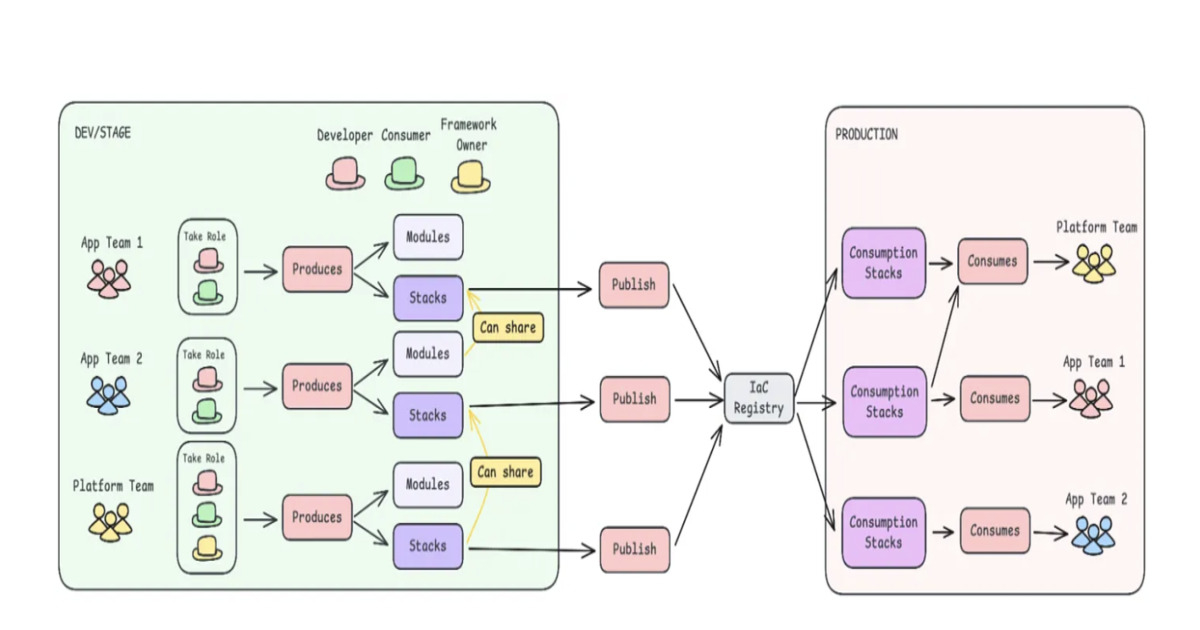Codetown
Codetown ::: a software developer's community
Measures of Justice - Data Fellow, Full-Time, 2-Year Contract - Clearwater/St. Petersburg, FL; Dade City/New Port Richey, FL
At Measures for Justice (MFJ) our mission is to use data to transform how we measure, understand, and reform the criminal justice system in America. We collect, clean, code, standardize, and analyze data from criminal justice agencies to provide consistent, comparable, objective, and public performance measures across the whole criminal justice system, from arrest to post-conviction, on a county-by-county basis (see our Data Portal at https://measuresforjustice.org/portal/).
In 2017, MFJ educated the Florida legislature about how data transparency in criminal justice could be improved in that state. As a result, the state passed into law (Florida Statutes 900.05) a bill that mandates court clerks, state attorneys, jail administrators, public defenders, and the Department of Corrections to report data to the Florida Department of Law Enforcement (FDLE) on a monthly basis. MFJ is supporting the implementation of the new legislation through a pilot in the 6th Judicial Circuit (Pasco and Pinellas counties) that will embed at least one Data Fellow within the Clerk of Courts Office of each county.
See more details here: https://measuresforjustice.org/about/jobs/data-fellow.html
Tags:
Replies to This Discussion
Notes
Welcome to Codetown!
 Codetown is a social network. It's got blogs, forums, groups, personal pages and more! You might think of Codetown as a funky camper van with lots of compartments for your stuff and a great multimedia system, too! Best of all, Codetown has room for all of your friends.
Codetown is a social network. It's got blogs, forums, groups, personal pages and more! You might think of Codetown as a funky camper van with lots of compartments for your stuff and a great multimedia system, too! Best of all, Codetown has room for all of your friends.
Created by Michael Levin Dec 18, 2008 at 6:56pm. Last updated by Michael Levin May 4, 2018.
Looking for Jobs or Staff?
Check out the Codetown Jobs group.
InfoQ Reading List
Presentation: What I Wish I Knew When I Started with Green IT

Ludi Akue discusses how the tech sector’s rising emissions impact our global climate goals. Drawing from her experience as a CTO, she explains seven key lessons for implementing Green IT. She shares insights on LCA assessments, the paradox of microservices, and why FinOps doesn’t always equal green.
By Ludi AkueVue Router 5: File-Based Routing Into Core with No Breaking Changes

Vue Router 5.0 has integrated unplugin-vue-router into its core, enhancing file-based routing and TypeScript support. This transition release boasts no breaking changes, simplifies dependencies, and introduces experimental features like data loaders and improved editor tooling. Ideal for Vue.js developers, it positions itself as a bridge to the upcoming ESM-only version 6.
By Daniel CurtisPodcast: [Video Podcast] AI Autonomy Is Redefining Architecture: Boundaries Now Matter Most

This conversation explores why generative AI is not just another automation layer but a shift into autonomy. The key idea is that we cannot retrofit AI into old procedural workflows and expect it to behave. Once autonomy is introduced, systems will drift, show emergent behaviour, and act in ways we did not explicitly script.
By Jesper LowgrenGoogle Launches Automated Review Feature in Gemini CLI Conductor

Google has enhanced its Gemini CLI extension, Conductor, by adding support for automated reviews. The company says this update allows Conductor "to go beyond just planning and execution into validation", enabling it to check AI-generated code for quality and adherence to guidelines, strengthening confidence, safety, and control in AI-assisted development workflows.
By Sergio De SimoneFrom Central Control to Team Autonomy: Rethinking Infrastructure Delivery

Adidas engineers describe shifting from a centralized Infrastructure-as-Code model to a decentralized one. Five teams autonomously deployed over 81 new infrastructure stacks in two months, using layered IaC modules, automated pipelines, and shared frameworks. The redesign illustrates how to scale infrastructure delivery while maintaining governance at scale.
By Leela Kumili
© 2026 Created by Michael Levin.
Powered by
![]()